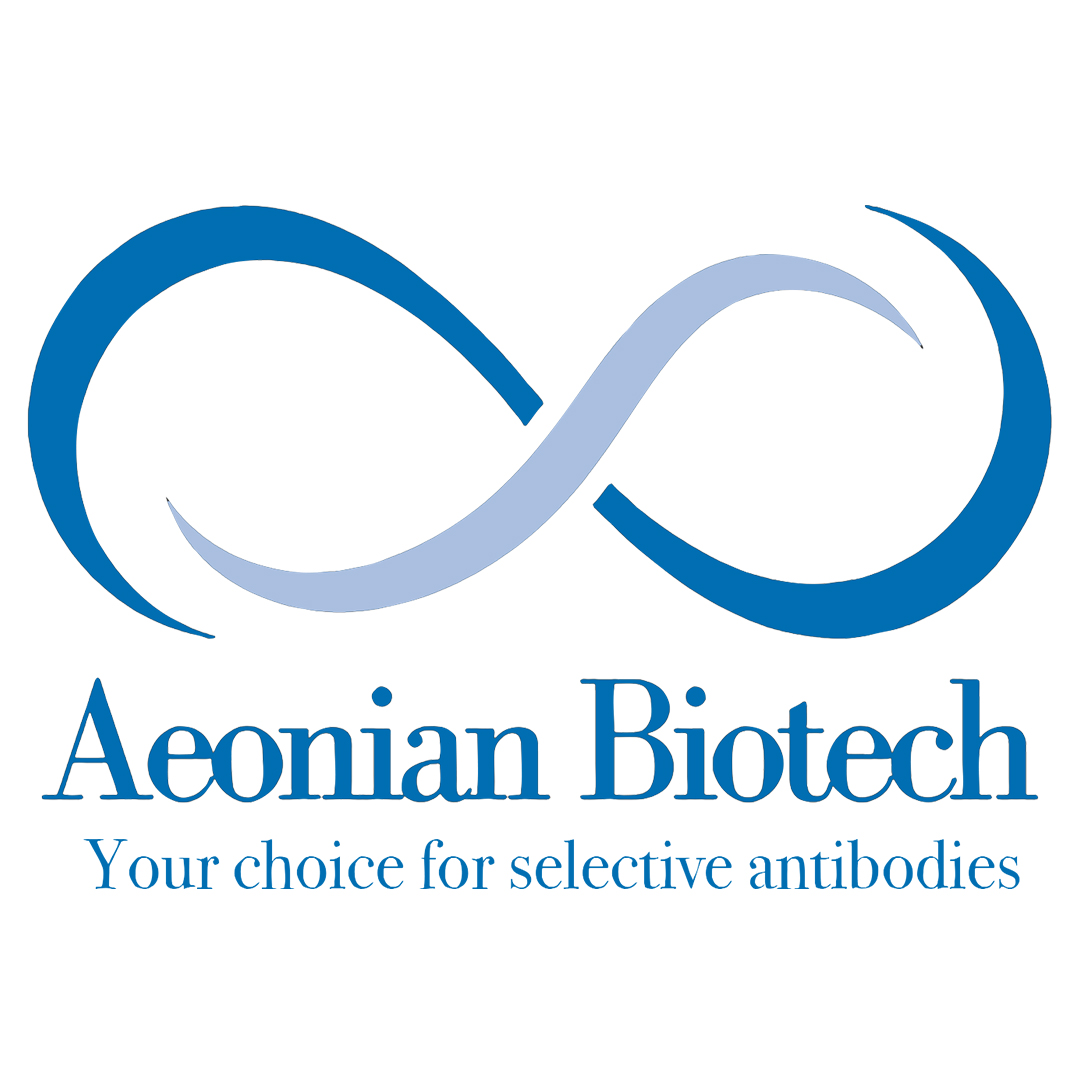History of Aeonian Biotech
Aeonian Biotech Ltd was founded in 2017 to offer consultation services to biotech companies. We focussed on market assessments, technical writing, overviews of portals, and improvements on antibody presentation. Our services were inspired by the reported reproducibility crisis (Freedman 2017), when the reliability of research antibodies became an issue (Baker 2015, Weller 2016, Freedman 2016). There were concerns about finding fit-for-purpose antibodies in the market (Rizner et al 2016, Goodman 2018), and about the risk of buying the same antibody from different sources (Voskuil 2014). Based on these concerns, we decided to offer our services to identify the best candidate antibodies in the market. With well over a decade of experience and networking within the world of commercial antibodies, we have identified the original manufacturers and the search criteria for meeting the specific requirements of our customers. This line of business is exclusively continued by Aeonian Biotech Ltd, registered in UK.
Aeonian Biotech Catalogue
In April 2021, Aeonian Biotech Netherlands BV was founded to commercialise the catalogue, which is powered by our proprietary Aeonian Rating®. We primarily concentrate on recombinant antibodies, which are sequence-defined unlike other antibodies (Bradbury et al 2018). Our catalogue also offer selective monoclonal antibodies, and phospho-specific polyclonal antibodies. Each antibody is thoroughly vetted for specificity and selectivity data and is provided with the Aeonian Rating®. Any antibody with a rating under the 70 will not appear on our catalogue.
In addition to the Aeonian Rating®, we have added the Research Resource Identifier (RRID) to our product pages. This authentication of key biological/chemical resources will help to identify the right reagent once it has been used and recorded in future publications and to reproduce the reported results. The RRID is becoming increasingly appreciated as a new standard, enabling automated recognition of the right reagents in publications (Bandrowski et al 2018). Since 2014 authors have added 240,000 RRIDs to their papers, mainly consisting of antibody RRIDs.
Our mission
Aeonian Biotech stands up for the interests of the researchers and assay developers by providing an effective solution. The search for fit-for-purpose antibodies in the market is complicated by a myriad of pitfalls, as recently described (Voskuil et al 2020), and these pitfalls can be avoided by using our proprietary Aeonian Rating®. Thus, researchers and assay developers save time and money by not having to buy and try too many candidate antibodies and by reducing the chances dramatically of having to abort the project because of failing antibodies.
It is our mission to elevate the standard of quality in the biomedical research by our contribution to identifying the right reagents in the most cost-effective way. We hope that this will enhance the reproducibility of research to escalate progress in finding new diagnostics and therapies.
Sign up to become a member to have access to publicly restricted information pages and a 10% discount on our catalogue items.
Literature
Freedman et al (2017) Reproducibility2020: Progress and priorities. F1000Res. 6: 604.
Baker (2015) Reproducibility crisis: blame it on the antibodies, Nature. 521(7552): 274-6.
Weller (2016) Quality Issues of Research Antibodies. Analytical Chemistry Insights 11: 21–27
Freedman (2016) GBSI Workshop Report: Antibody Validation: Strategies, Policies, and Practices. Reference Source
Rizner et al (2016) Recommendations for description and validation of antibodies for research use. J Steroid Biochem Mol Biol 156:40-42.
Goodman (2018) The path to VICTORy – A beginner’s guide to success using commercial research antibodies. J Cell Sci 131(10):jcs216416
Voskuil (2014) Commercial antibodies and their validation, F1000Res. 3:232.
Bradbury et al (2018) When monoclonal antibodies are not monospecific: Hybridomas frequently express additional functional variable regions. MAbs 10(4):539-546.
Bandrowski et al (2018) The Resource Identification Initiative: A cultural shift in publishing. Neuroinformatics 14(2):169-82.
Voskuil et al (2020) The Antibody Society’s antibody validation webinar series. MAbs 12(1):1794421.

